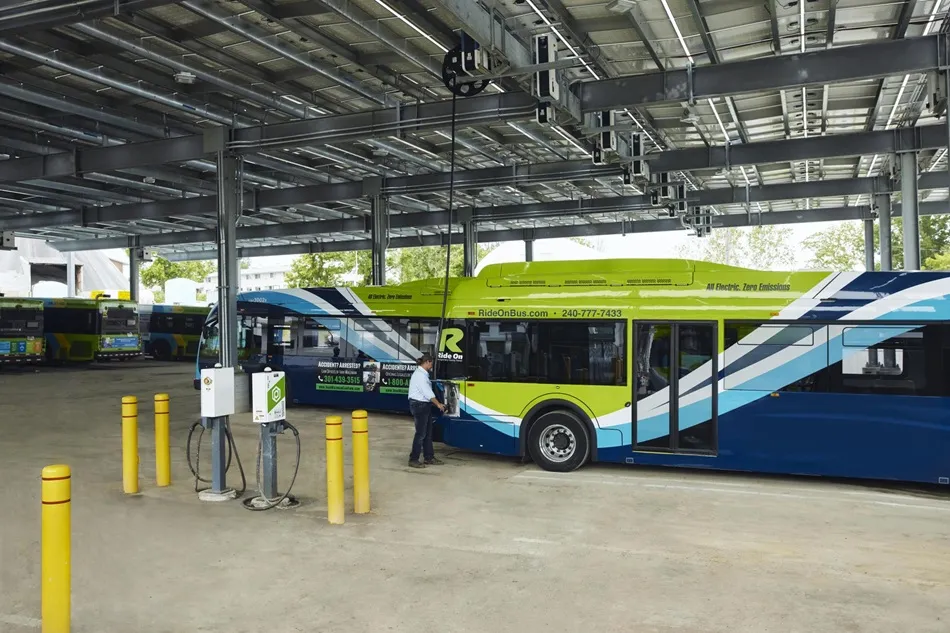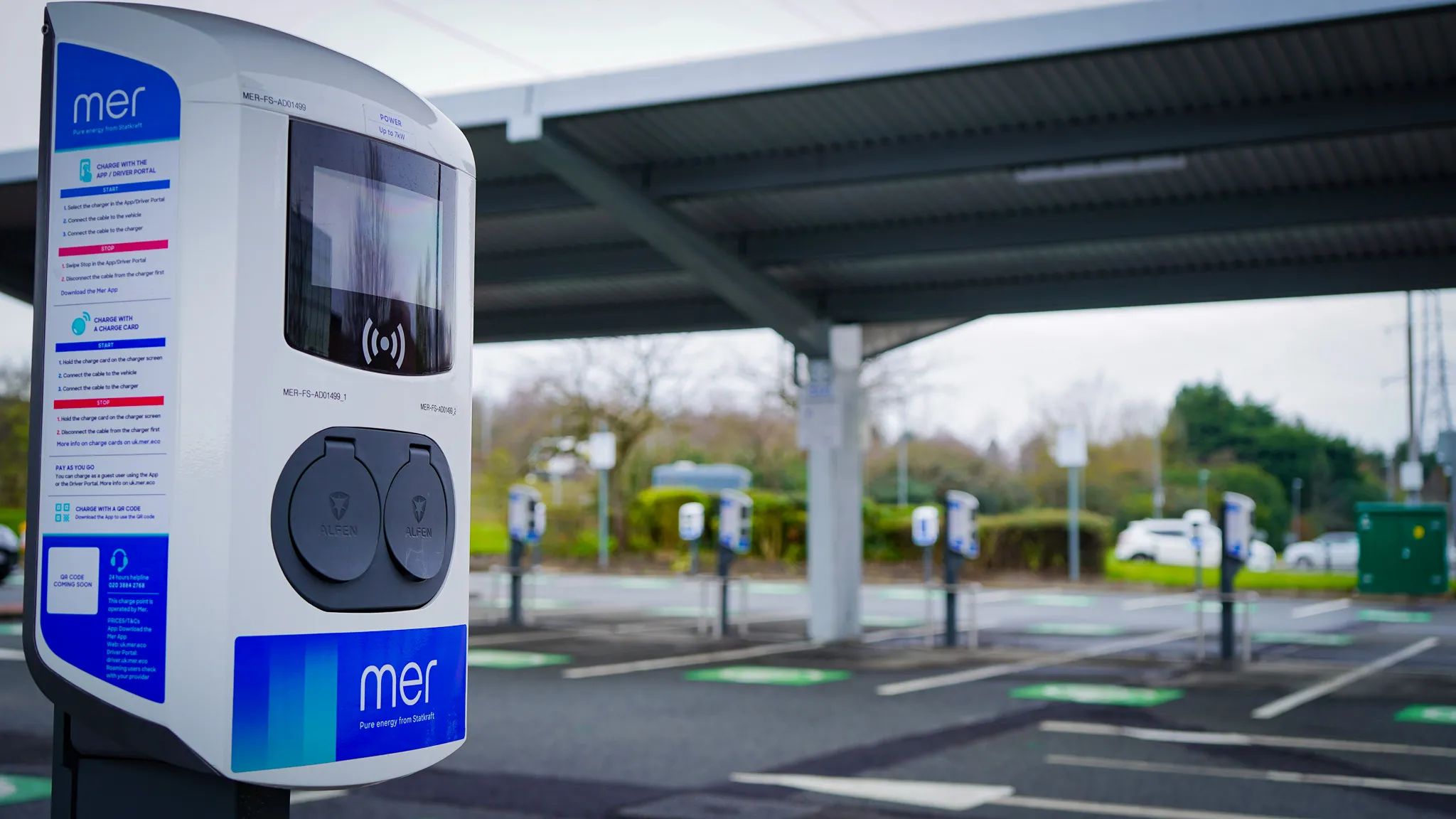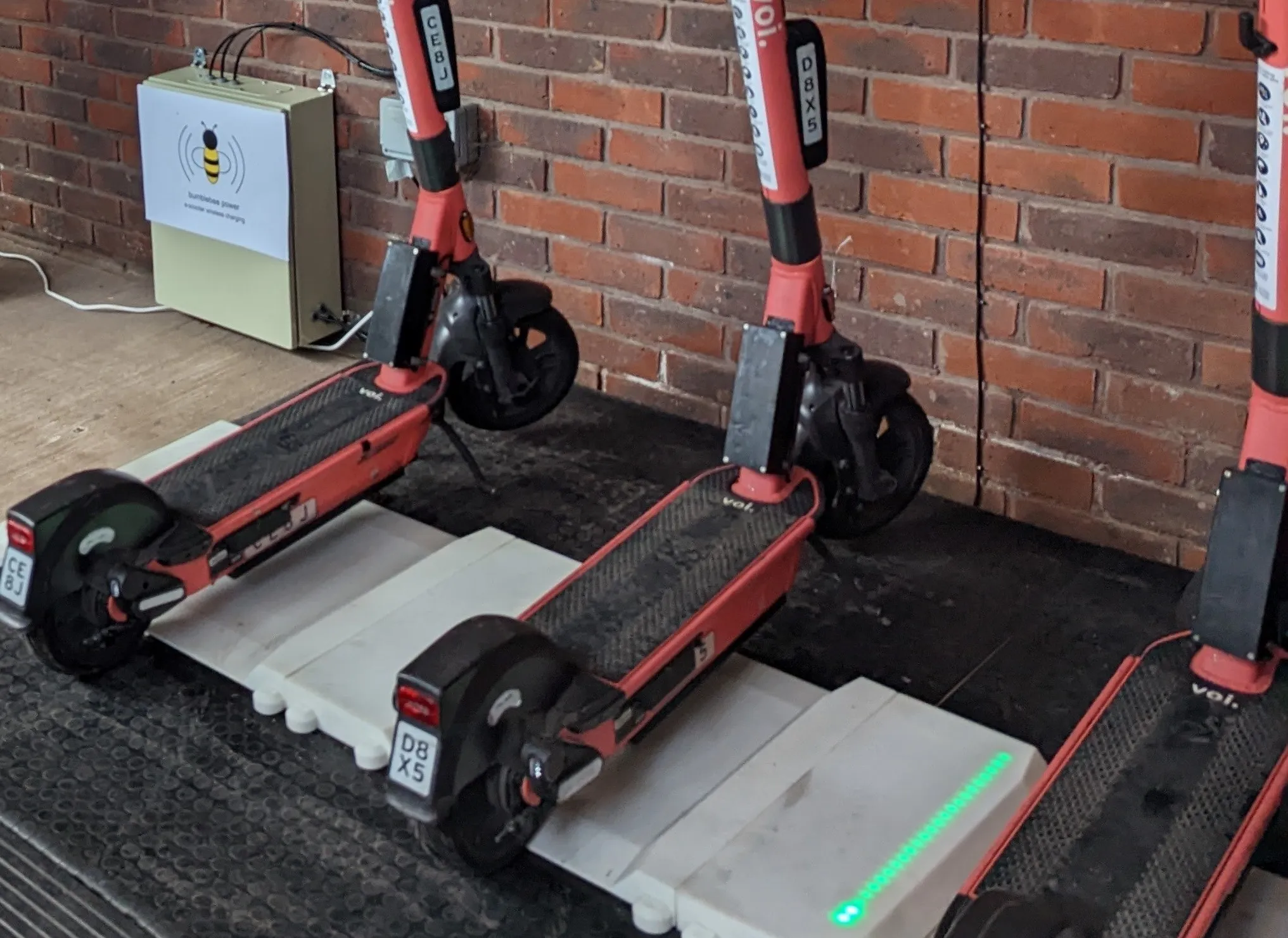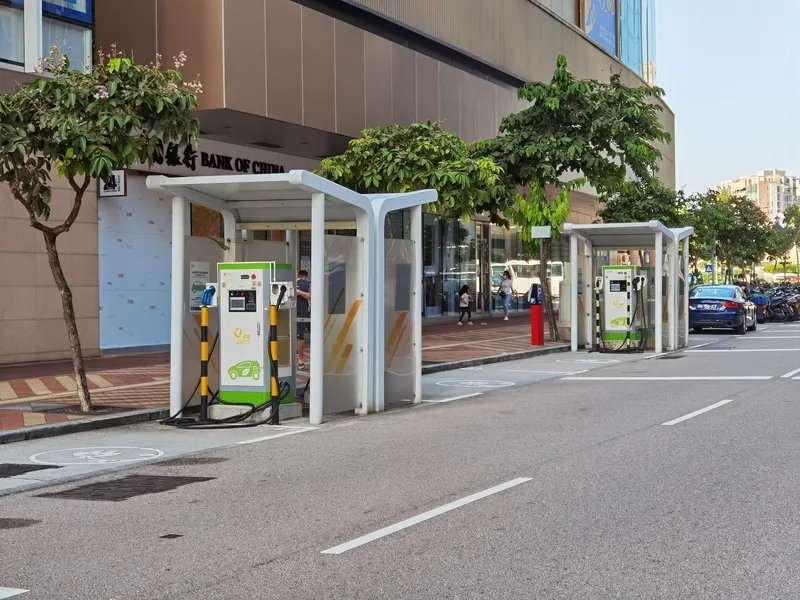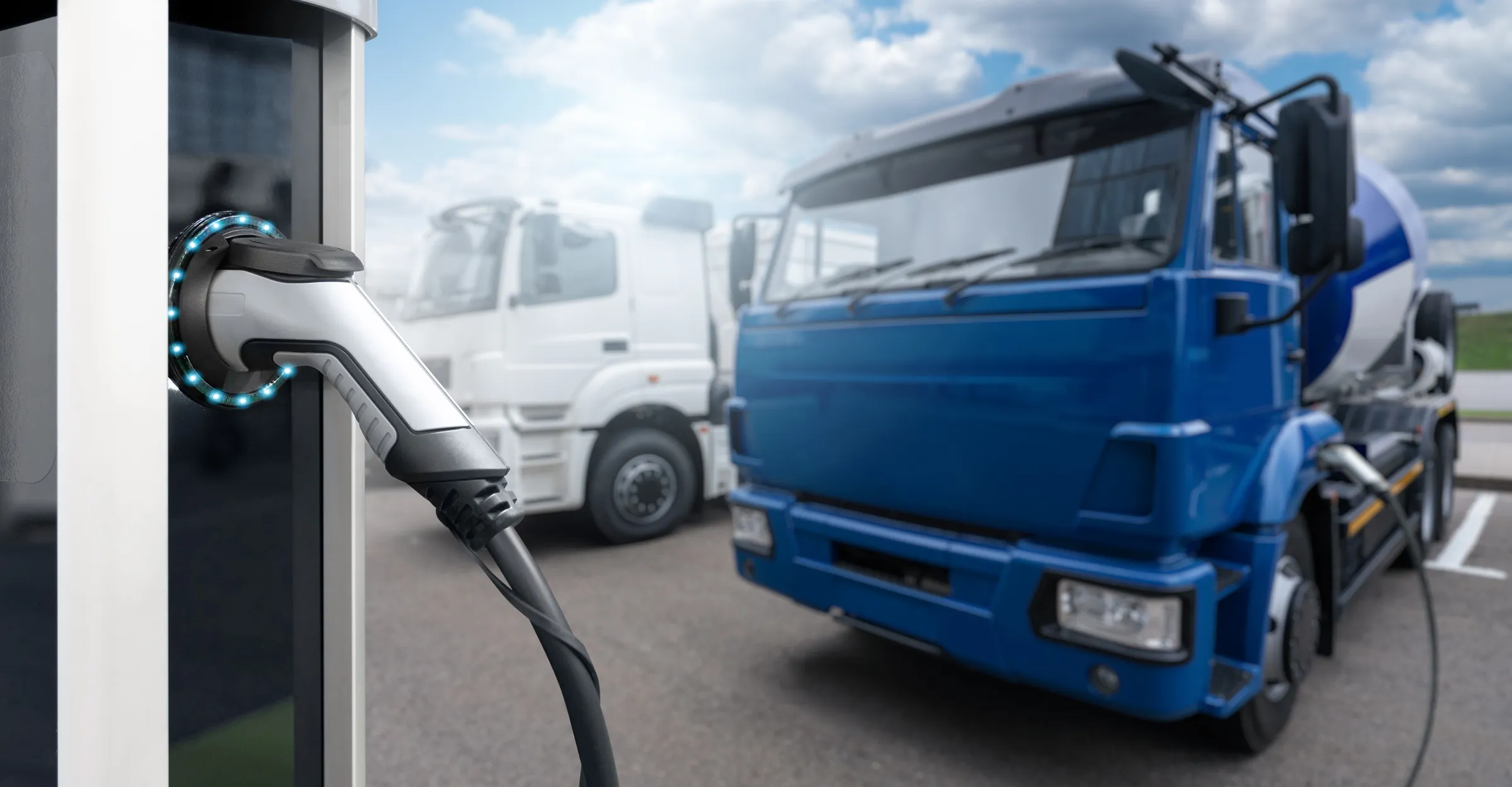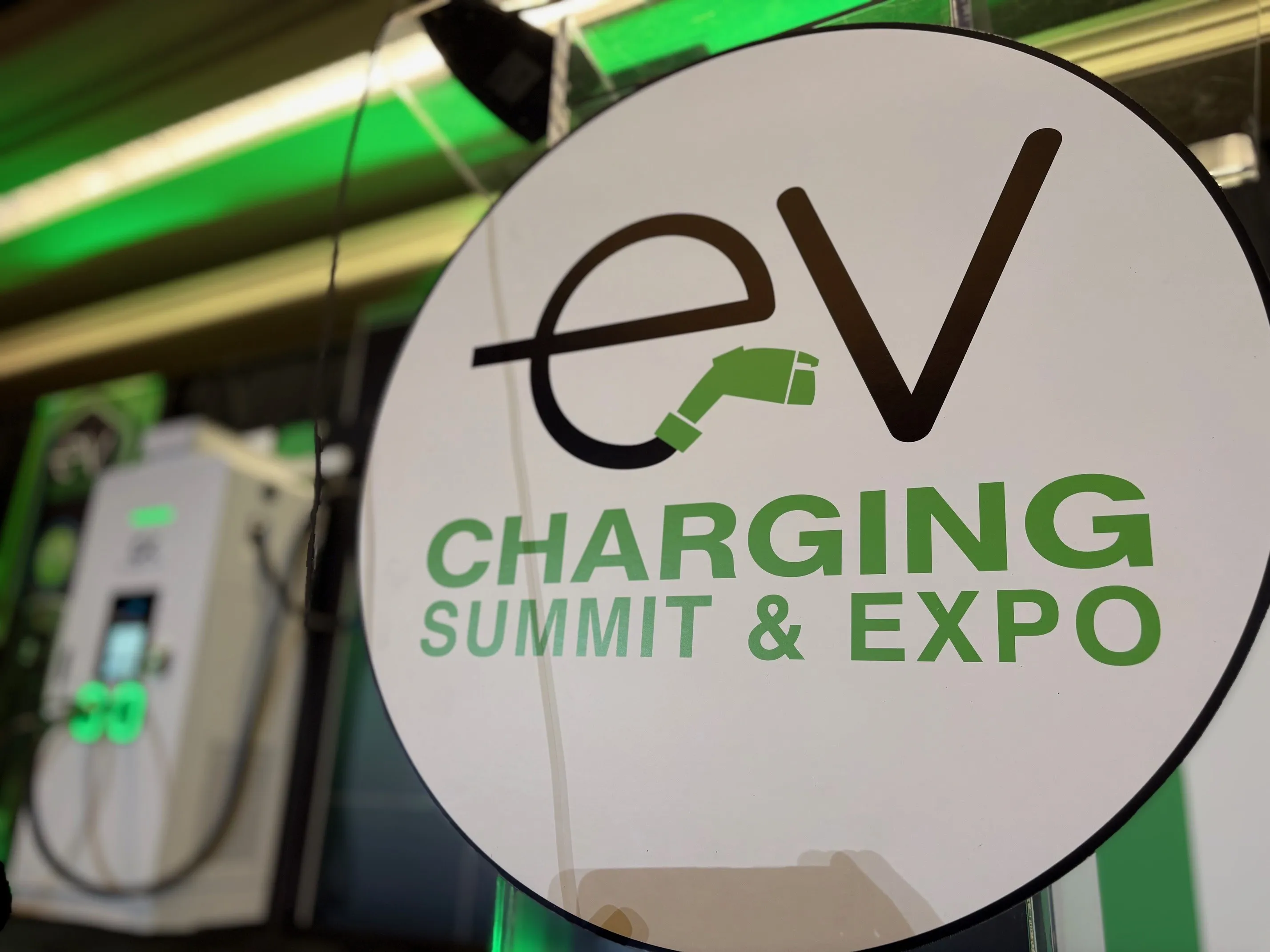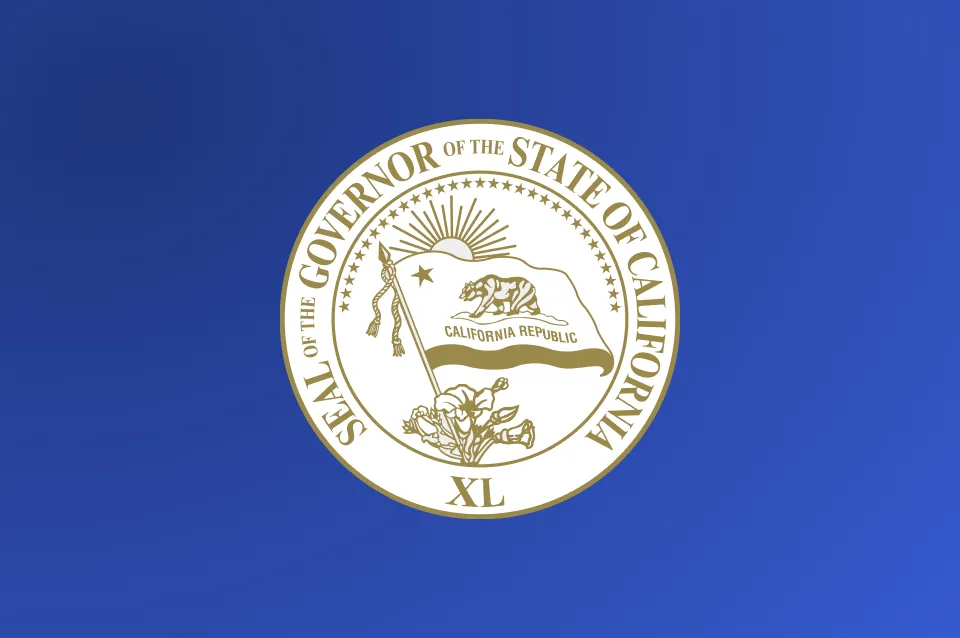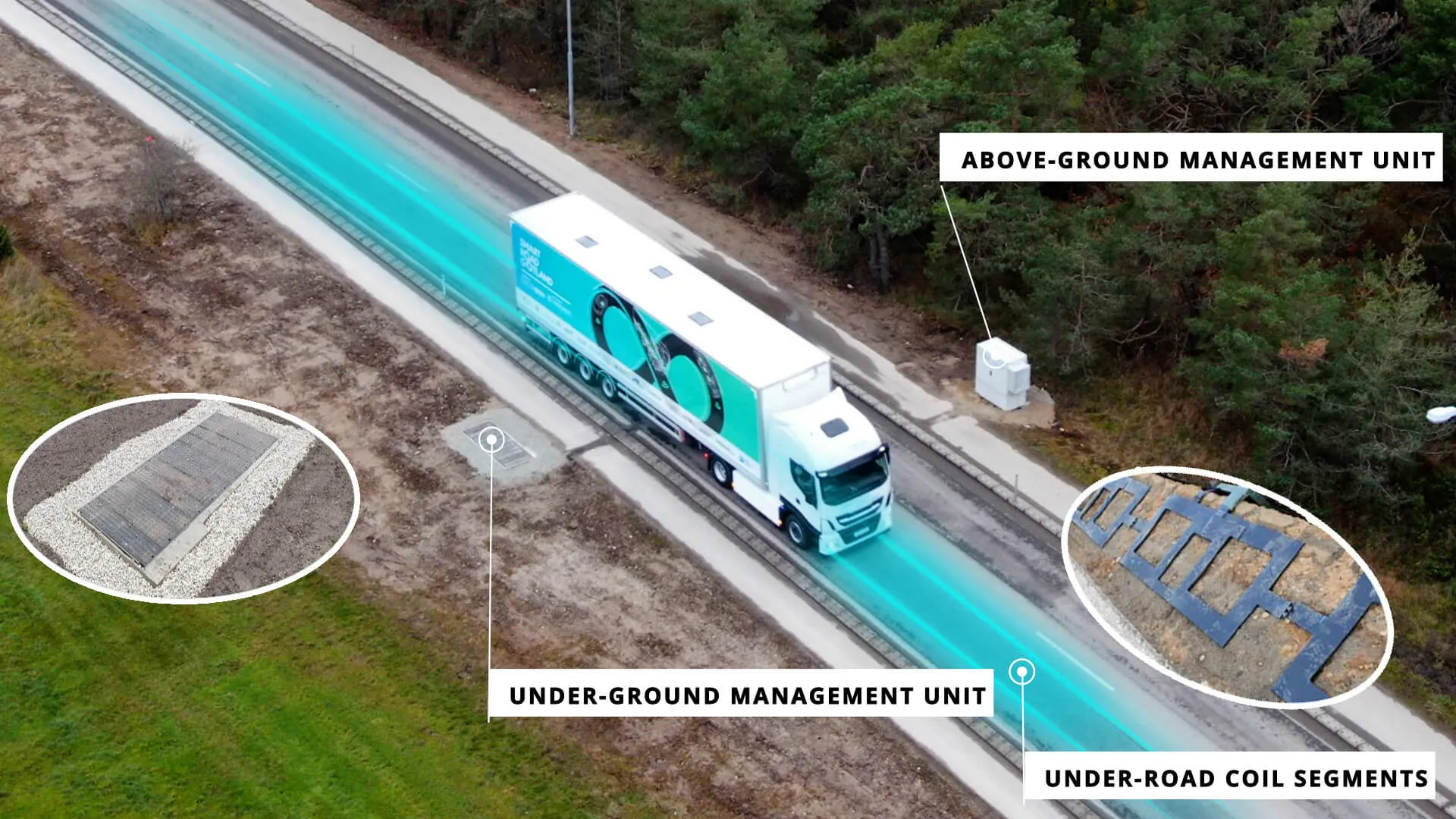
In collaboration with EnBW, a provider of charging infrastructure for electric vehicles in Germany, Electreon will deploy 1km of electric road system (ERS) along a stretch of road, as well as two static charging stations. The two locations were determined based on the bus route and where the bus stops during its operational schedule.
The technology will be deployed in the city of Balingen in two phases. In the first phase, a 400-metre-long route with two static charging stations will be deployed. In the second phase, the electric road will be expanded by another 600 metres. The project will charge an electric bus, en route to the city.
This project follows a successful pilot of Electreon’s technology in the city of Karlsruhe, in partnership with EnBW. An electrified road was installed at the EnBW training centre, powering a local public bus at peak hours. As part of the agreement for this latest project in Balingen, Electreon will receive up to €3.2m to deploy the dynamic and static wireless charging infrastructure.
“The project in Balingen shows how innovatively and consistently we are promoting e-mobility in Germany,” said Maximilian Arnold who is overseeing the project at the EnBW research division. “We have a holistic approach and want to make wireless charging technically fit for German public transport. This also includes convincing authorities, energy network operators, bus operators, and the general public of the opportunities. As a leading provider and innovation driver in the field of charging infrastructure, we are pleased to be part of this promising project with partners such as Electreon, and the Karlsruhe Institute of Technology."
“The aim of this project is not only to open up wireless charging to the public in Germany,” said Andreas Wendt, CEO, of Electreon Germany. “Other significant aspects include the development and use of a tool that will assist public transportation planners in where to install the inductive infrastructure for a specific town or region. We have already shown in our joint Karlsruhe project with EnBW how effective, safe, and easy to deploy wireless dynamic charging is. We hope this is the start of many more projects on public and private roads in Germany.”



